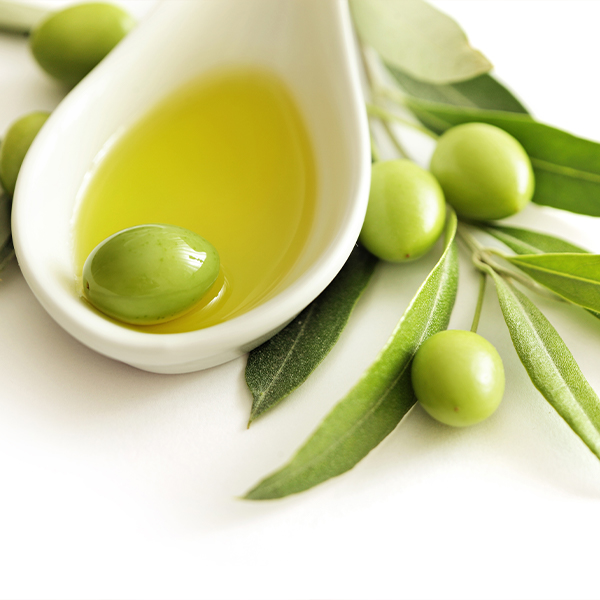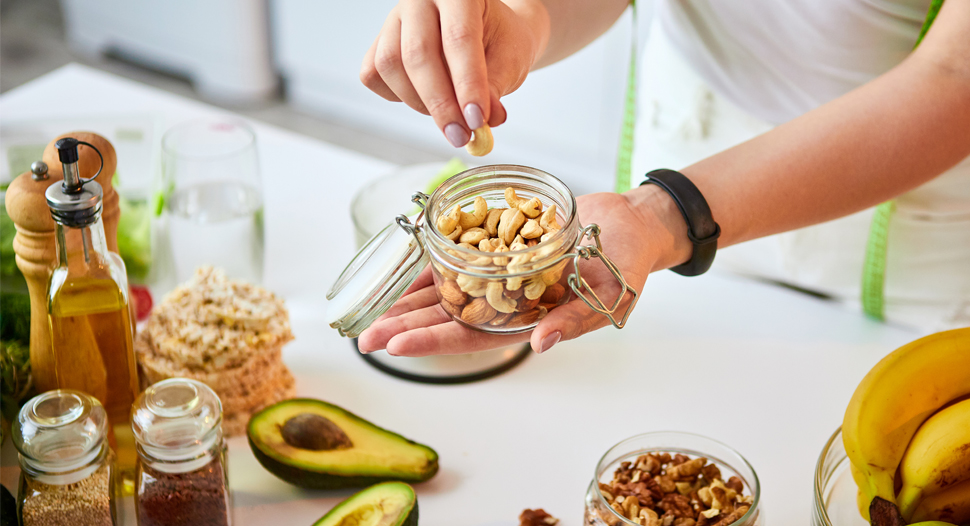Health is wealth. But, does eating healthy also mean you have to fork out a fair bit of wealth for it? Beyond artisan groceries and gourmet food shops, there is a way of buying foods that won’t break the bank. In fact, FairPrice Housebrand carries a comprehensive range of choices for the health-conscious consumer. From lower calories to less sugar, you can identify these products by the “Healthier Choice” logo on their labels.
From snacks and beverages to kitchen staples, here’s some of our favourite 4 health foods that won’t break the bank!
1. Nuts
The term “healthy snack” might sound like an oxymoron. But there is one snack food that packs a punch in terms of nutrients — nuts! Walnuts lead the pack with the immense amount of omega-3 fatty acids they contain. The potential benefits of omega-3 fatty acids include reducing heart disease risk, lowering blood pressure and protecting against osteoporosis.
Almonds are another nutrient powerhouse and that’s good news, particularly for women: that brown outer layer helps to fight premature aging and free radicals. Almonds can also help in weight regulation too, according to a study published in the International Journal of Obesity. It was found that people on an almond-rich diet lost more weight than those on a high-carb diet. The high fibre and high protein content help keep your tummy fuller for a longer time.
If these facts aren’t enough to make you go nuts over nuts, their affordability should. Mix it up with a pack of Baked Cashew Nuts with Almonds — each serving works out to be slightly under $1!


2. Green Tea
For the health-conscious, weight
loss may be a priority as well. It also
brings to mind another superfood, or tea — we’re talking about green tea!
According to Traditional Chinese Medicine (TCM) understanding, tea possesses sweet yet bitter flavours; it has cooling properties to clear bodily heat and phlegm.
Another reason why green tea is so magical is its catechins, a compound that can boost metabolism and help break down excess fats. Because of the way it is processed after harvest, green tea contains more catechins than other types of tea. Tea catechins are also strong natural antioxidants, which reduce the formation of free radicals in your body and in turn prevent cell damage, which is associated with aging and several diseases. And within the different green tea varieties, Japanese green tea is known to contain 4 to 5 times more antioxidants than Chinese green tea. What’s more, FairPrice sources its green tea from Japan, specifically the Yabukita cultivar — the most popular tea cultivar in Japan. And for less than $5 and under 2 calories per cup , that sure is a lot of bang and health benefits for your buck!
3. Olive Oil
A staple of the Mediterranean, olive oil is widely touted for its health benefits, with extra virgin olive oil being the best. It contains cycloartenol, which helps reduce the amount of cholesterol moving through your body. Not all olive oils are cut from the same cloth though — studies have shown that Italian olive oil contains a higher level of cycloartenol than Spanish virgin olive oil. Both countries also happen to be two of the largest olive oil-producing countries in the world.
No prizes for guessing where FairPrice Housebrand olive oil comes from: direct from the olives of Italy. For an even healthier choice, go for our trans-fat free Extra Virgin Olive Oil!


4. Red Rice
If you can’t live without your carbs, try to make your choice a healthy one. Derived from red rice, FairPrice Rice Vermicelli – Red Cargo (or bee hoon) is a healthier alternative to its white counterpart. Red rice has higher levels of fibre, iron and zinc than brown rice. Its unique red tint is due to anthocyanins, a potent antioxidant with anti-microbial and anti-obesity benefits! Plus, it costs a mere $1.60 — what’s not to love?
With the foods being exceptional for your health in one way or another, you’d love that most of these are wallet-friendly and available at your nearest FairPrice store and online!



